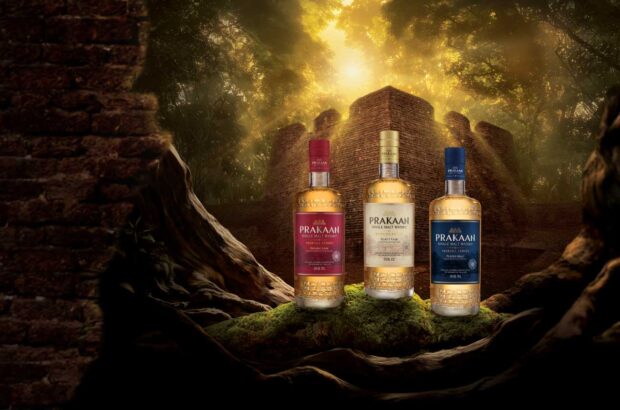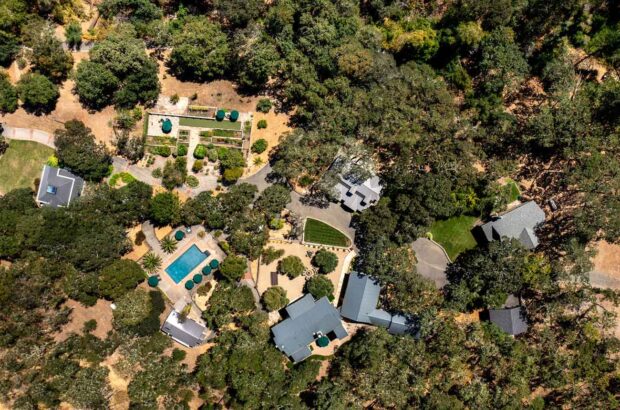Nigeria's wine market is burgeoning, but crippling import duties and complex bureaucracy could dampen the boom before it gets started, wine professionals say.
Wines of South Africa: encouraging wineries to set sights on Nigerian market
Wine sales in the country stand at US$300m annually and should hit $370m by 2015, according to figures released by market research group Aranca at a Wines of South Africa (WoSA) seminar late last week.
Rival research group Euromonitor is even more bullish, predicting value sales in US dollars will rise by a third annually between now and 2016.
But, there is concern that high import charges could stifle the country’s potential.
According to Lotanna Ojukwu, CEO of Lotaluora Investments, duty tax on wine is about 20%, then there is a 30% import levy and other ‘ancillary charges’ that bring the total import tariff up to close to 80% or 85%.
‘It’s a problem,’ Ojukwu told Decanter.com. ‘It means people have to buy wines of a lesser quality than they would like. As an importer, we have to look for very good value wines.’
Last week’s WoSA seminar, held in Stellenbosch, highlighted Nigeria’s emerging business class as a key target.
As in many fast-developing economies, Nigeria’s wine market continues to show strong growth as a result of a burgeoning middle class, as well as the gradual shift from beer to wine consumption as wine is generally perceived to be a healthier alcoholic beverage.
While the top-selling wine sells for US$3 a bottle, WoSA feels South African winemakers should set their sights higher to attract the wine-conscious sectors of Nigerian society.
‘There are people who want trophy wines, to show how successful they are,’ Birch told Decanter.com.
Still, she agreed that import tariffs are an issue, and added: ‘All labels also have to be registered with Nigeria’s National Agency for Food & Drug Administration and Control and this can take more than three months.’
Written by Chris Mercer







